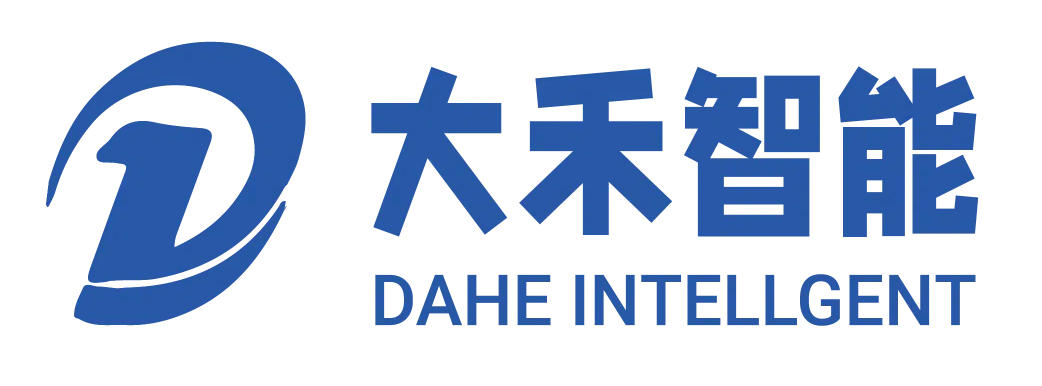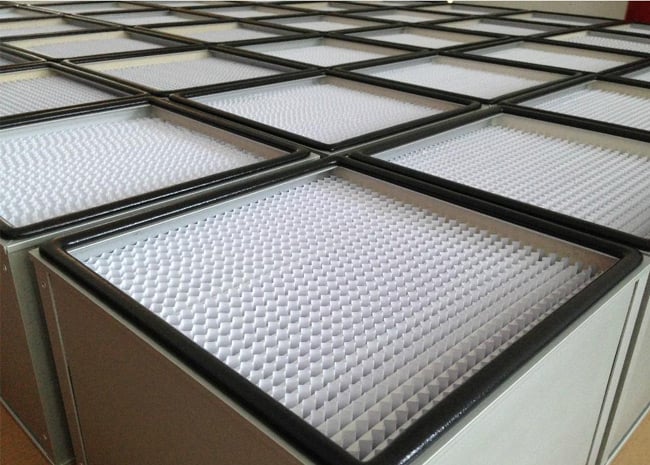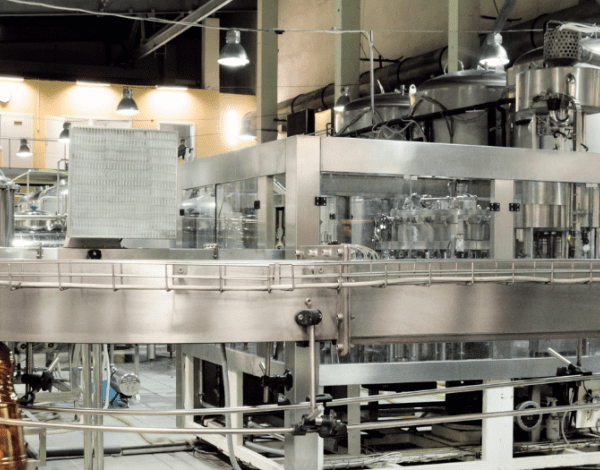The efficiency and quality of filter production can affect the filter’s performance. The filter assembly line machine is a key equipment in the production line for filter manufacturing. Manufacturers can increase productivity, ensure consistent quality, and reduce labor costs by incorporating automated assembly processes into the filter production process. Filter assembly line machines play a key role in the filter production process. These machines are designed to move products to various assembly stations where they are aligned, compressed, and fixed to form their final shape. By maintaining pressure during the assembly process, these machines ensure the filter is formed correctly and operates effectively. Filter assembly line machines can provide manufacturers with faster production times, higher yields, and more reliable products.
The role of filter assembly line machine in production
Filter assembly line machines are automated systems that streamline the filter production process. Essentially, it efficiently assembles the individual components of the filter, such as filter media, end caps, and other parts, into a finished product. The machine moves the components through various stages, including alignment, compression, and pressing, to ensure the filter meets quality standards. In traditional filter production settings, these tasks are often performed manually, leading to inconsistencies, inefficiencies, and higher labor costs. With filter assembly line machines, manufacturers can ensure precision, reduce human error, and achieve higher production yields. These machines have features that maintain constant pressure, ensuring that each filter is assembled correctly, aligned, and secured.
Increase Efficiency with Precision Driven Filter Assembly Line Machine
In the world of filter manufacturing, speed and accuracy are non-negotiable. Filter assembly line machines eliminate manual bottlenecks by automating repetitive tasks such as component placement, adhesive application, and pressure sealing. They perform multiple tasks simultaneously and efficiently move products from one station to the next with minimal downtime. Component dispensing, pressing, and compression are completed rapidly, allowing manufacturers to produce more filters in less time.
Dahe’s filter assembly line machines can process 1,200 filters daily (three times faster than manual assembly) while maintaining micron-level accuracy. By integrating synchronized robotic arms and conveyors, the machines move products seamlessly between stations, ensuring constant pressure during critical stages such as media insertion and end cap crimping. This reduces human error and downtime, allowing manufacturers to meet tight deadlines without compromising quality.
Ensure consistent quality with automatic pressure control
Filter performance depends on uniform pressure during assembly, and manual methods often result in uneven compression, which can cause leaks or reduced filtration efficiency. At the same time, even slight variations in the assembly process can cause defects that affect filter performance and reliability. Dahe’s filter assembly line machines solve this problem with closed-loop pressure sensors that adjust the force in real-time. They monitor every assembly process step, from component alignment to pressure application. This continuous monitoring enables manufacturers to detect and correct inconsistencies in real-time.
For example, when assembling HEPA filters, the machine applies 15-20 psi of pressure during sealing, automatically adapting to material thickness variations. A European HEPA filter reported a 90% drop in defective products after switching to Dahe’s system.
Reduce labor costs and improve labor efficiency
Labor shortages and rising wages are squeezing filter producers’ profits. Filter assembly line machines reduce reliance on skilled workers by automating complex tasks. Dahe’s filter assembly line machines feature plug-and-play modules for functions such as O-ring installation and ultrasonic welding, reducing labor requirements by 70 percent. In India, a manufacturer of air conditioning filters replaced a 12-person manual production line with two Dahe machines. The system’s intuitive interface allows minimally trained operators to oversee production, making it ideal for regions facing high turnover or skills gaps. In addition, handling small batches while maintaining high production volumes enables manufacturers to offer a wider variety of filter types without extensive downtime or reassembly.
Improve filter production safety and reduce waste
Manual assembly presents risks such as adhesive exposure or repetitive strain injuries. Dahe’s filter assembly line machines enclose hazardous processes, such as solvent-based bonding, in sealed chambers. The air filtration system captures fumes and complies with OSHA and EU workplace safety standards. In addition, the machines’ precision minimizes material waste—a significant cost driver. By optimizing adhesive dispensing to an accuracy of ±0.1ml, a Southeast Asian filter manufacturer reduced silicone usage by 25 percent, saving hundreds of thousands of dollars annually. Scrap rates also dropped from 8% to 0.5% because sensors reject defective components before assembly.
Vital to Your Production
By incorporating filter assembly line machines into your production process, you can address common challenges such as labor shortages, rising costs, and the need for fast delivery while providing efficient filter assembly. Whether you are producing filters for automotive applications, HVAC systems, or medical devices, the benefits of automation and improved energy efficiency cannot be underestimated.




